
OR
Does intoxication fuel creativity?
Published On: September 7, 2019 12:30 AM NPT By: Babu Ram Neupane
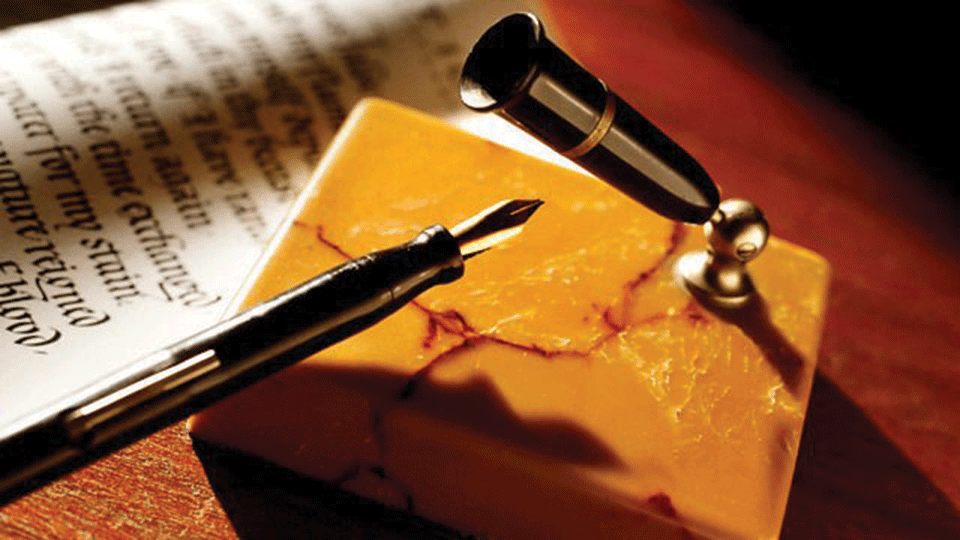
Many renowned writers have been known to write under the influence of alcohol and various drugs. Why creative people seek out stimulants/intoxicants such as alcohol and drugs is still an unsolved mystery.
We all know our great poet Laxmi Prasad Devkota was a nicotine addict (heavy smoker). Late Narayan Gopal, legendary singer, was said to have an insatiable thirst for alcohol. James Joyce, Irish novelist (whose Ulysses was adjudged the novel of the twentieth century), and Edgar Allan Poe, American short storywriter, were both inveterate drinkers.
English poet Samuel Taylor Coleridge composed one of his poems under the influence of opium. Many students of literature still burn a lot of midnight oil to understand them. The famed American restaurateur Anthony Bourdon committed suicide because of the depression caused by drugs. American actress Marilyn Monroe and pop singers Michael Jackson and Prince apparently died of drugs.
John Nash, Nobel laureate and a mathematical genius suffered extended periods of hallucination (attributed to addiction) as chronicled in the book A Beautiful Mind by Sylvia Nasar, and now a major motion picture. He believed “extraterrestrials” were sending him messages and he was being recruited by the “aliens from outer space to save the world”.
I am intentionally excluding painters as I am ignominiously ignorant of the painting world, which, I believe, is primarily a business of millionaires and billionaires and out of reach of common peoples. My limited understanding suggests that painters are removed from the business dealings of the ultra-rich.
Intoxication and creativity
Some observers have conjectured alcoholism or drugs to be a conduit of concentration on creation and suppression of straying thoughts. Does intoxication bring out idiosyncrasies or insanity? Do alcohol and drugs trigger a flight of fancy or tame overwhelming creative energy? Can creations propelled by intoxication inspire audiences? There are more questions than answers.
My own experiment with bhang (hemp) went horribly wrong although it was meant for festival fun during fagu poornima (festival of color). I ate laddu (sweet made of flour, milk and sugar) that contained some hemp extract. For a couple of days, I felt airborne and tried landing safely without any success. My normal routine was paralyzed. So was my brain. Then I knew drugs bred abnormality.
A hotel owner in Baglung headquarters had to cite multiple instances to prove the pickle (made of hemp seed that is worth trying) was completely normal and did not contain any agents of intoxication. Once bitten twice shy.
Finally, I ate the pickle but did not feel airborne. A friend of mine once coaxed me into experimenting with a tooth powder called ‘musa ka gul’, which was so nasty (contained excessive amount of nicotine) that my mobility was severely limited for another whole hour upon brushing my teeth.
Unfortunately, my self-imposed intoxication and amateur addiction never contributed even an iota of creativity in me.
It is obvious that creative and scientific geniuses are disdainful of authority and eager to break the existing mores. In addition, they keep pitting their curiosity against the established cultural and social values. This makes them look eccentric to the public eye. This is where their curiosity seems to supersede rationality. Hence, their pursuit for perfection clashes with the agreed behavioral norms. They ultimately become subservient to the contrabands and often succumb to addictions.
Do alcoholism, drugs, and immersion in paradoxes of creativity outweigh the disastrous consequences they bring to writers’ health? The answer is an emphatic NO. More is better than less when it comes to health. Risking life is the most destructive creative urge. Days of the wakefulness are far worthier than the moments of hallucinogenic epiphanies and drug-induced supra-normal bouts of creations.
Critique of tomes
Vijay Kumar Pandey’s Madan Puraskar-winning Khushi is a tome about his battle against alcoholism that emanates from socialization with the celebrities (including politicians) of the day. A Pandey-isque (Pandeys and Thapas welded much power as nobles in the royal palaces and principalities before the unification of Nepal) consciousness seems to have caused this tragedy whereas Narayan Wagle (who won the Madan Puraskar for his Palpasa Café) looks to ignore the tantalizing trap of self-worth.
In a way, Pandey’s autobiographical non-fiction portrays how excruciating a fight can be if we try to foreground our consciousness against our surroundings whereas Wagle’s “fictionalization of history” adopts a conciliatory tone vis-à-vis the surrounding while shocking the conventional worldviews by saying even the “Buddha would have carried gun had he been born into this epoch”.
Hence, Wagle’s monologue lets him unpack and share his domestic wisdom with his readers (Koreana Coffe Guff is teeming with practical tips on social and life skills such as doing the plates upon eating) while adopting the most complex writing conventions including stream of consciousness, meta-fiction and magic realism whereas Pandey seems to be preoccupied with invoking lofty philosophical ideals/ideas to subjugate the readers to his domain of consciousness.
Anyway, both Pandey and Wagle have been equally haunted by the “anxiety of influence”. Pandey upheld the view of “always already written” while responding to a query during the Pokhara Literature Festival session. He said only limited subject matters were at his disposal for understanding and writing.
Wagle has made similar observations in his Koreana Coffe Guff: “My alphabets are nothing new. They are the ones that are battered and sickened by thousands, millions of writers…. The plow is not mine. It belongs to the log. The log belongs to the tree. The tree belongs to the wood. The wood belongs to the nature. The nature belongs to the earth. The earth belongs to the universe. ” (my translation)
Pandey unravels the secrets of the high lives and societies whereas Wagle looks to put fringe characters front and center while drawing his staple of writing from everyday experiences. These two writers-cum-journalists present a curious case in Nepali literature landscape as they straddle the collective world of news/views and individual world of consciousness.
Pandey’s ordeal with alcoholism and new found sobriety gave us Khushi. In similar fashion, Wagle’s infatuation with intoxication gets fair representation in Koreana Coffee Guff. The shy narrator of the book grows bold and more expressive when he is drunk upon being taunted a character amidst the writers of various nationalities who are drinking under the tent.
However, he seems to have been fully aware of the dire consequences of alcohol in Koreana Coffe Guff. “To drink is not to get inebriated or vice versa. Even the sight of some bottles can inebriate us. Hence, it’s better to remain sane while partying to avoid any significant arraignment.” (my translation). I feel reading the anecdotes of dire devastation in life is a painful experience after Jagadish Ghimire’s Anataramanako Yatra and Pandey’s Khushi. Readers deserve books that narrate hope and optimism instead of lachrymose moments and despondency.
I completely buy the opinion of Francis Scott Fitzgerald, American poet and playwright, who says, “First you take a drink, then the drink takes a drink, then the drink takes you.” It would be ideal if our writers intoxicated us through their writings without getting themselves inebriated. It is all we know and need to know for now.
The author loves to write on contemporary issues
baburamnyaupane1@gmail.com
You May Like This
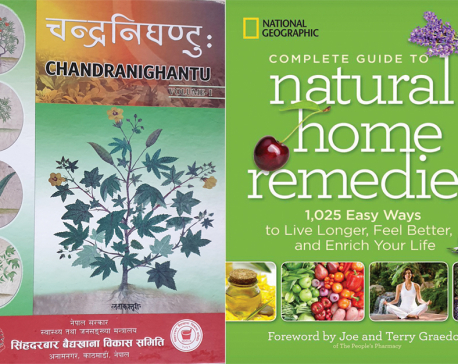
Reviving home remedies
Garlic has antibacterial, antivirus, antifungal, and antioxidant properties and nutrients. For this reason, garlic soup is used by many people... Read More...

Going electric
Nepal should aim for promoting electric vehicle technology. Strategic approach should be adopted to formulate policies to encourage people to... Read More...

Reimagining leadership
Transitional justice process has not come to a meaningful end because conflict victims were not placed at the center ... Read More...



Just In
- WB to take financial management lead for proposed Upper Arun Project
- Power supply to be affected in parts of Kathmandu Valley today as NEA expedites repair works
- Godepani welcomes over 31,000 foreign tourists in a year
- Private sector leads hydropower generation over government
- Weather expected to be mainly fair in most parts of the country today
- 120 snow leopards found in Dolpa, survey result reveals
- India funds a school building construction in Darchula
- Exploring opportunities and Challenges of Increasing Online Transactions in Nepal



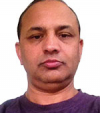




_20220508065243.jpg)


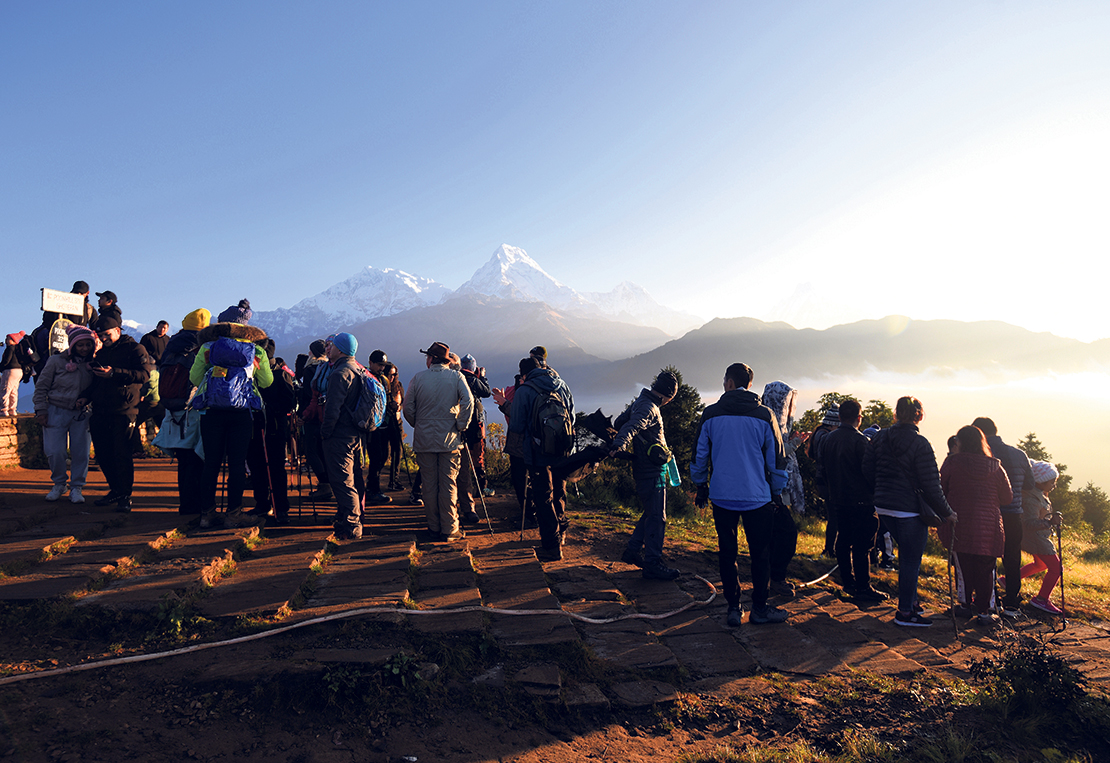


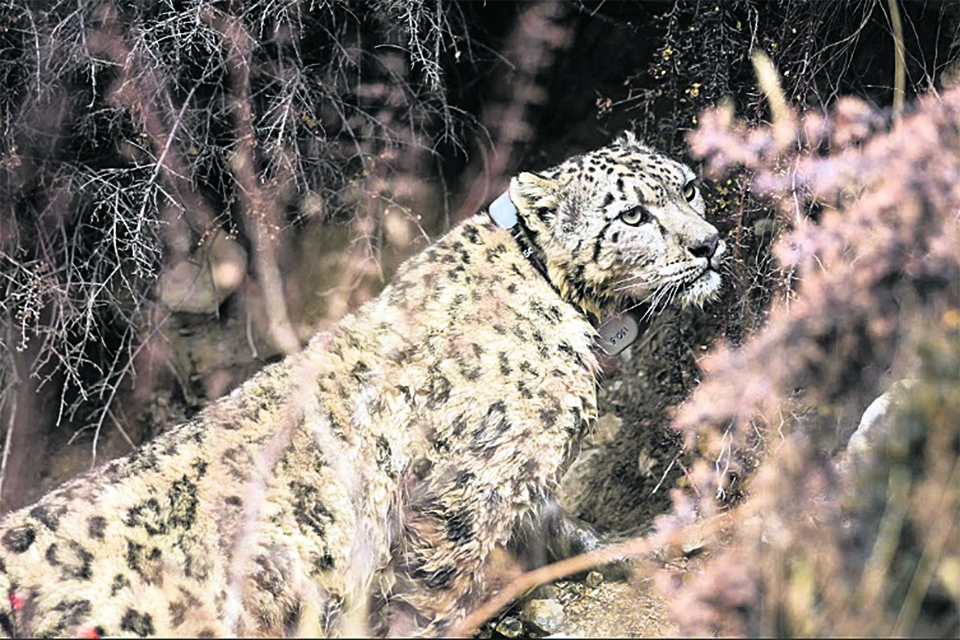
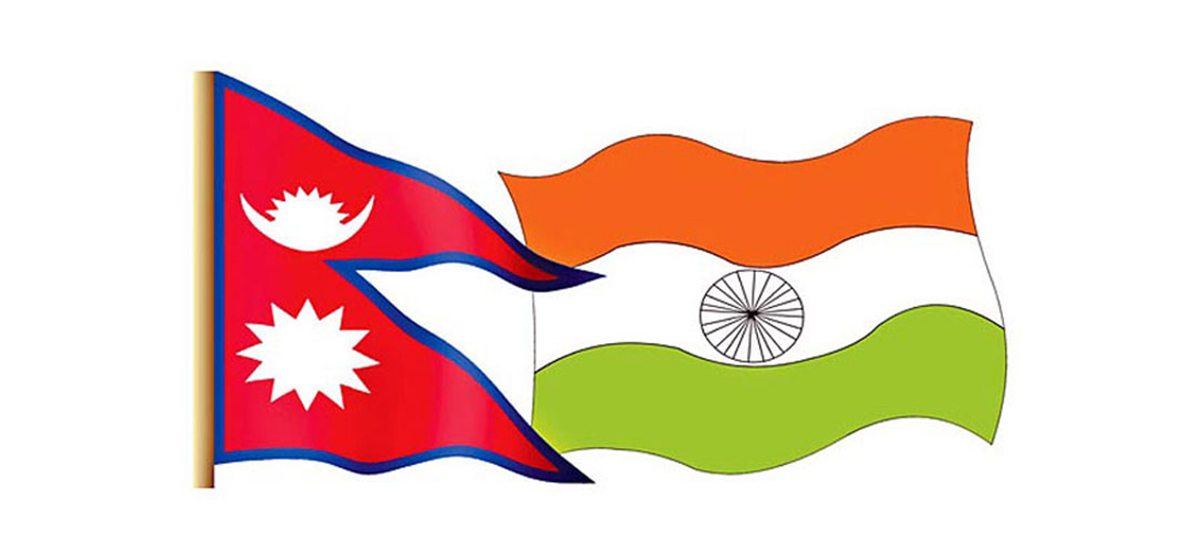

Leave A Comment